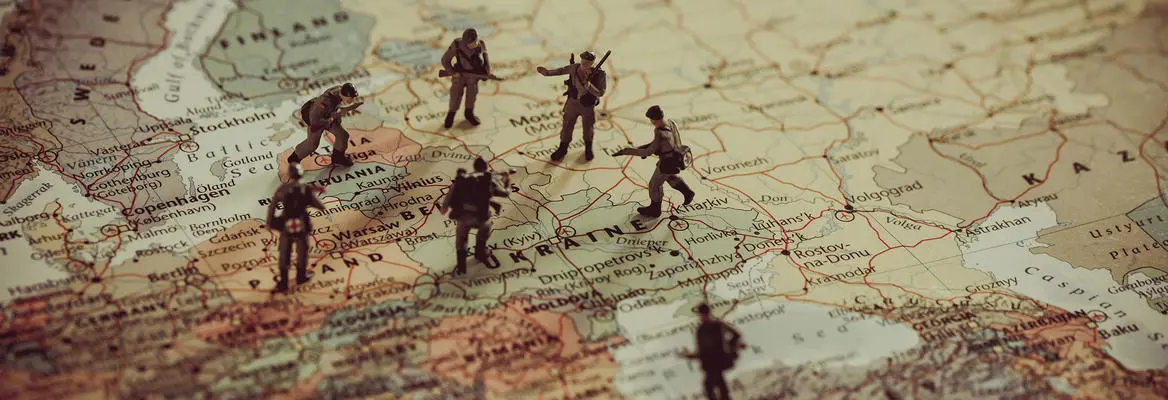The ability to convince people to want what you want - to wield soft power - is a powerful tool on the world stage. Both China and America have seen their reputations badly damaged by their handling of the Covid-19 pandemic and the unrest that's followed in its aftermath. Only through careful management of their reputations will either superpower be able to dominate geopolitics.
Power is the ability to affect others to obtain the outcomes you want. You can affect their behavior in three main ways: threats of coercion (‘sticks’); inducements or payments (‘carrots’); and attraction and persuasion that makes others want what you want (soft power). While many real-world situations involve all three types of power, and soft power alone is rarely sufficient, its presence can make a difference. It is important to be able to set the agenda and attract others, and not just force them to change through the threat or use of coercion or payment. This soft power — getting others to want the outcomes that you want — co-opts people rather than coerces them. If you have soft power, you can economize on your use of carrots and sticks.
Of course, soft power has its limitations. Much of a country’s soft power is produced by its civil society, and that makes it more difficult for governments to wield. Policy-makers can give orders to their military forces but, at least in democracies, it is harder for them to direct artists, universities and foundations. Moreover, soft power usually takes longer to show results. Swords are swifter than words, but over the long term, words can change the minds behind the swords. The Berlin Wall collapsed not under an artillery barrage, but from hammers and bulldozers wielded by people whose minds had been affected by ideas that had penetrated the Iron Curtain over the preceding decades. The Roman Empire rested on the success of its legions, but its longevity also depended on the attraction of its culture.
Swords are swifter than words, but over the long term, words can change the minds behind the swords.
Soft power rests on the ability to shape the preferences of others, and it is not the possession of any one country, nor only of countries. For example, companies invest heavily in their brands, and non-governmental activists often attack company brands to press them to change their practices. Non-profit organizations manage their images to increase their soft power. In international politics, the soft power of a country rests primarily on three resources: its culture (in places where it is attractive to others); its political values (when it lives up to them at home and abroad); and its foreign policies (when they are seen as legitimate and having moral authority.) Soft power is ubiquitous at all levels of human behavior from individuals to nations, and it is likely to become increasingly important because of the information revolution that we are living through.
Information provides power, and more people have access to more information than ever before — for good and for ill. That power can be used not only by governments, but also by non-state actors ranging from large corporations to non-profits to criminals to terrorists to informal ad-hoc groups. This role of non-state actors does not mean the end of the nation-state. Governments remain the most powerful actors on the global stage, but the stage has become more crowded. Moreover, many of those other actors can compete effectively in the realm of soft power. A powerful navy is important in controlling sea lanes, but it does not provide much help on the internet.





















Join the conversation